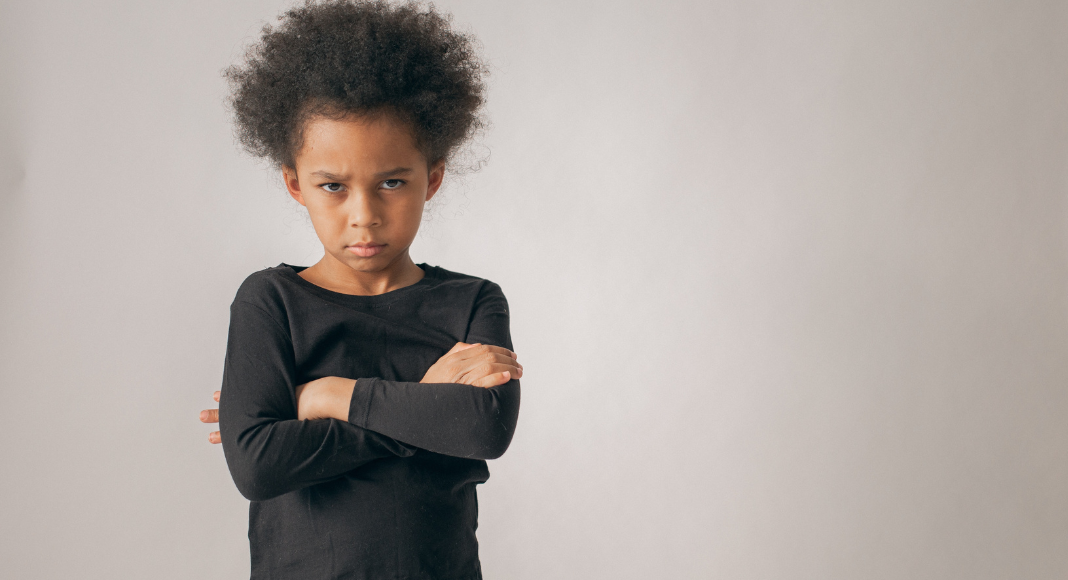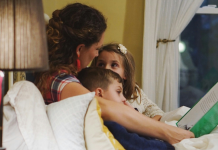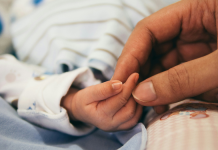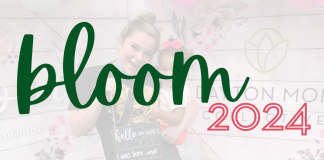I have worked in childcare almost my entire life. I spent years in classrooms, daycares, and as a private nanny. I am now a mother to a wonderful, energetic, neurodivergent 7 year old.
If I have learned anything from all my years around kids, it’s that all kids are inherently good.

Now that doesn’t mean they don’t make bad choices or have bad attitudes, bad days, or bad moods. But I have never met a child that was a BAD human. Children are new to the world and learning how to make good choices and regulate their bodies and emotions. This means they don’t always make the right choices or have the tools to communicate or remedy bad behaviors.
“Bad” seems to be a catch-all for any non-typical behavior, and it seems like such a cop out to me. Most of the time with a little effort, you can get to the root of whatever is causing the “bad” moments for a child. Maybe they are having sensory problems and the tag on their shirt is driving them nuts so they can’t sit still during story time. Maybe their friend snubbed them and now they feel sad, so they are making everyone around them sad, too, because they don’t have the words to say “I’m sad.” Maybe they didn’t eat enough lunch because they were too embarrassed to ask for help opening their fruit cup. Maybe they didn’t sleep well because their nightlight stopped working last night.
There are a million reasons why kids can be struggling, because just like adults, they are human.
Unlike adults, however, they haven’t always learned how to deal with these things on their own and that may translate to bad behaviors. That doesn’t mean we need to write them off as bad kids. That means it’s more important than ever to encourage them with positive words and help them learn to regulate and choose the right behaviors. As adults with fully formed brains, it’s so important that we model and help our children become good, kind, intelligent humans. The best way to do just that is to ditch the bad labels and help them when they are struggling.
I’m sure you’ve heard the saying before, “Our words become our children’s inner voice.” Don’t we owe it to them to create a positive and loving inner voice? I challenge you to ditch the “bad kid” label and see behaviors for what they are, a child struggling and needing some sort of connection. When you reframe behaviors in this light, it’s so much easier to tackle them together as a team.
Let’s raise this next generation of kids to be kind, loving, positive humans and reframe the word “bad” for them.













